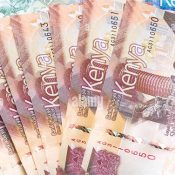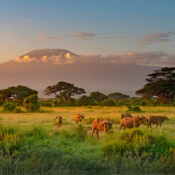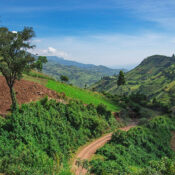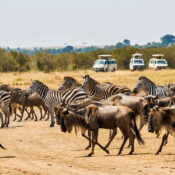Planning and Packing
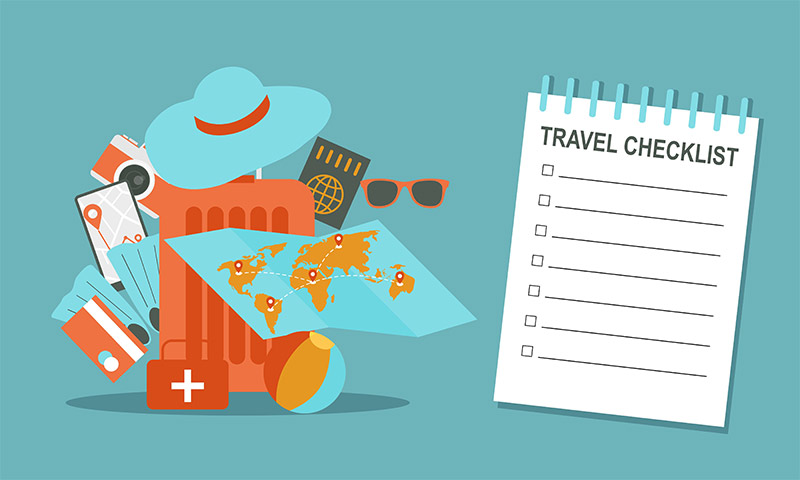
Planning and Packing
t is often said that Kenya is a cold country with a hot sun, as the blend of high altitudes and tropical sun make for a unique and variable climate. This should be kept in mind when packing for a visit.
Both temperatures and climate vary drastically from region to region and even throughout a single day. Basically the traveller should come prepared for hot, cold, wet and dusty conditions. Packing for a trip to Kenya requires some careful thought and consideration.
Ultimately your packing should be dictated by the activities you are planning to undertake. If you are travelling extensively throughout the country make sure that you bring suitable luggage. Suitcases and bags should be able to withstand plenty of handling and dusty conditions. Hard suitcases are ideal, but can take up a lot of space.
If you are travelling by domestic/chartered flights within Kenya, remember that there are luggage restrictions, particularly on smaller aircraft. Check in advance with your Charter airline or Safari/Tour operator. For those planning a lot of travel by public transport or trekkers, a backpack is advisable. Bring a sturdy, well constructed pack with orthopaedic support and lockable zips and catches. A small daypack is ideal for carrying cameras, travel documents and basic everyday items.
Equal consideration should be paid to what you bring with you. Casual, lightweight, and comfortable clothing is usually the best. For walking safaris or game viewing on foot clothing should be of neutral colour, and white, bright or vividly patterned clothing avoided. Studies have proven that most African game animals are able to see bright blue over any other colour.
Strong footwear is advisable if you are planning to do any walking. For serious climbers and trekkers a good pair of hiking boots should be brought with you. Remember that the tropical/Equatorial sun is strong and burns quickly. Wide brimmed hats are preferable to baseball caps for sun protection. Both sunglasses and a good quality sunscreen (rated SPF15 or higher) should be used. A good quality insect repellent is worth bringing.
In some areas, mostly coastal, it is considered inappropriate for women (and in some cases men) to wear shorts or short sleeved shirts. It is always best to seek local advice. For some up-market lodges and nights out in Nairobi you may wish to bring some more formal evening wear. You should bring your own Toiletries with you. Basic toiletry items are widely available.
Any personal Prescription drugs should be brought if necessary. Also bring the generic names for these drugs in case they need to be replaced locally. If you have prescription glasses it is wise to bring a spare pair. For those planning lengthy treks or camping expeditions, a basic medical kit is also a good idea. A small Flashlight/Torch and a Swiss Army knife are good accessories to carry.
If you have a video camera battery charger or an other electrical items, bring your own converter plug set if needed (the electricity supply is 220 Volt, 50 Hz with a square pin 13 amp plug). A good quality pair of Binoculars are essential for effective game viewing. Climbers can hire equipment, ropes and gear in Kenya, but may wish to bring their own personal kit and equipment.
Divers will find excellent dive gear for hire in Kenya, but may also wish to bring their own regulators or dive computers. Those with prescription masks should definitely bring them along. Dive Certification Cards and log documents should be brought along. All travel documentation should be kept together securely. This should include tickets, Passports (with appropriate visa entries), Vaccination Certificates, and Travel Insurance documents.
Additional photocopies of Passport, Air ticket and Traveller’s Cheque numbers should be brought and packed separately. Take several copies with you and leave some at home. Take your credit cards together Traveller’s Cheques and some U.S. Dollars cash.




